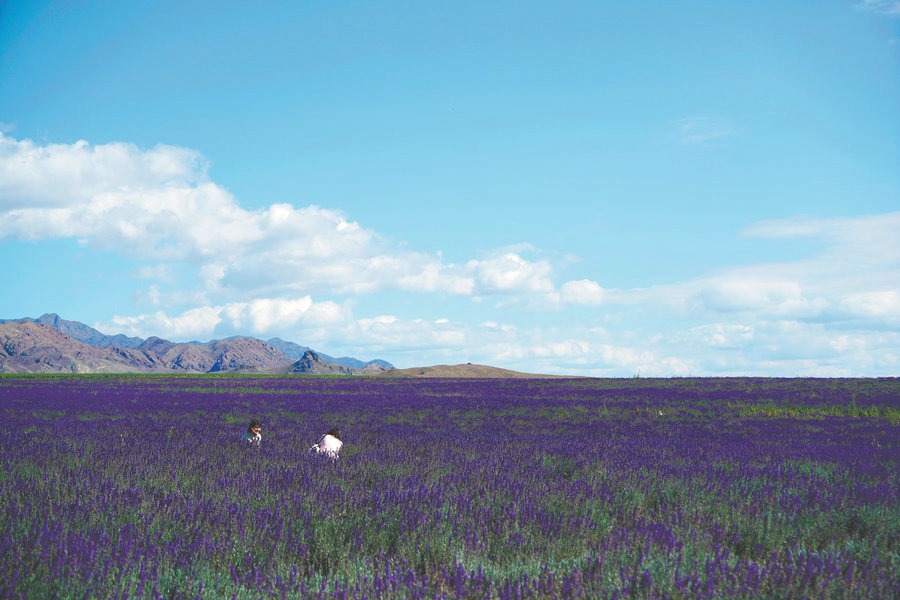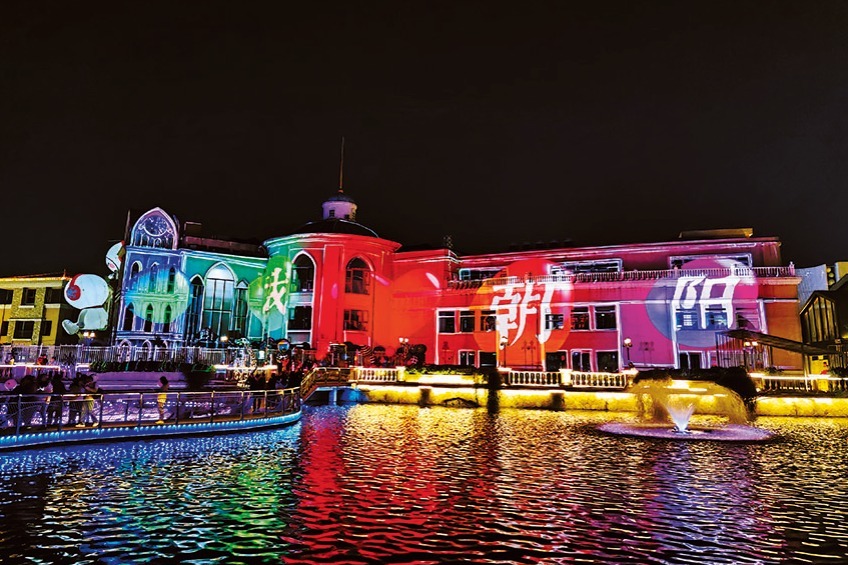Local vintages make touring the multicultural country a tasty experience

Azerbaijan is a multicultural country with passionate Caucasian spirit, and is one of the cradles of the world's viticulture.
The capital Baku buzzes with bars, as fine wines are very much part of the Azerbaijani dining experience.
According to World Health Organization reports, wine is considered the second-most popular alcoholic beverage in Azerbaijan and is preferred by 37 percent of drinkers.
Azerbaijani wine is also being produced in larger quantities in recent years, with more than 10 million liters a year, the State Statistical Committee of Azerbaijan said. Some 3.75 million liters were exported.
The vineyards of the Caucasus foothills produce grapes that soak up the rich sunshine, yielding vintages that are likely to surprise and delight unprepared oenologists.
Viticulture is one of the oldest traditional industries in Azerbaijan. In the middle of the 19th and the beginning of the 20th century, grape-growing and winemaking were developed on the basis of industrial principles, and the wines of Azerbaijan were recognized all over the world due to their smooth taste.
In the Soviet period, Azerbaijani wines were repeatedly awarded gold, silver medals and honorary diplomas at international exhibitions and competitions.
The country's wine industry has been expanding rapidly over the past decade with extensive investments in technology, and experimentation with both internationally known grape varieties and local alternatives.
In Meysari Village of Shamakhi Town, a two-hour drive away from Baku, a government-supported vineyard produces fine local white and red wines, attracting thousands of foreign tourists every year during its wine carnival.
Shamakhi, claiming to be the land of poetry and music, has also long been recognized as one of the respected grape-growing regions in Azerbaijan, said Tahir Mammadov, head of Shamakhi District Executive Authority.
In the grape farm of Shamakhi, grapes are harvested in natural conditions and hand-picked, said Dilbar Mammadova, a 22-year-old girl who works in a winemaking complex Shirvan Wines LLC in Meysari Village.
Mammadova said since the artificial preservatives, dyes, aromatizes and other chemical components are not used in the wine production process, Azerbaijani organic wines are rich in vitamins and minerals, and are distinguished by their own taste, color and aroma.
With the support of the Azerbaijan Agriculture Ministry, the Meysari Village held the first Grape and Wine Festival last August, aiming to promote local production of grapes and wine, increase the export potential of wine, and highlight the history of winemaking in the country.
During the festival, winemakers welcomed participants with presentations about their wineries and wine-tasting events.
The festival also featured a fair of agricultural products.
Visitors were also entertained by various types of folk art, including copper craft, carpet weaving, shebeke (multicolored glass mosaics), pottery, as well as the process of their production. Traditional music and the culture of Azerbaijani cuisine were also presented during the event.
The festival also featured a spectacular light show on the lake of the complex and songs performed on the yacht.
It's highly recommended that foreign visitors participate in the annual wine festival or make a cruse in Shamakhi grape farm, which would make the trip in Azerbaijan tastier.

































